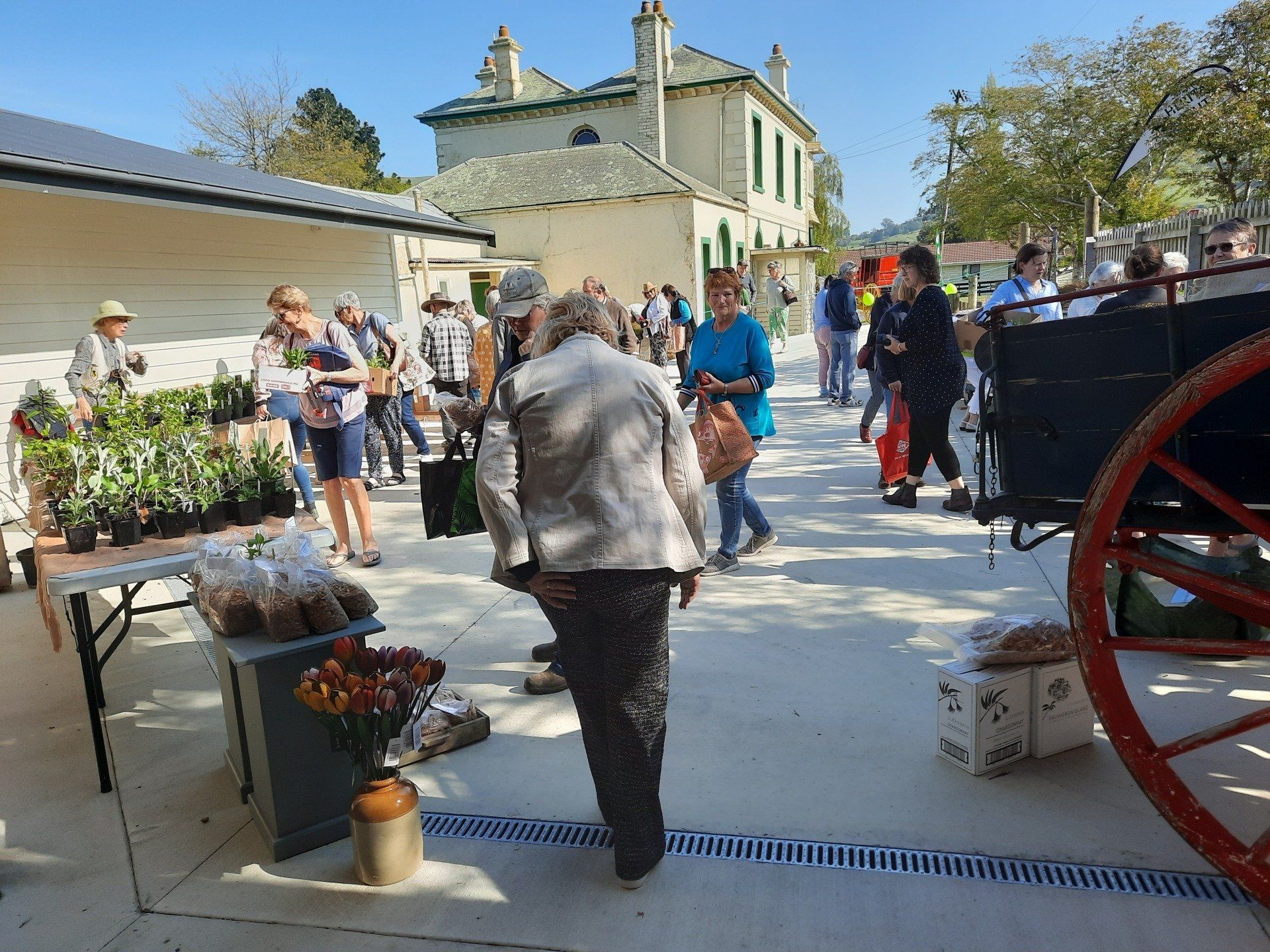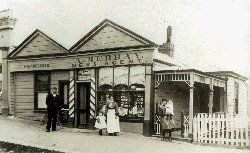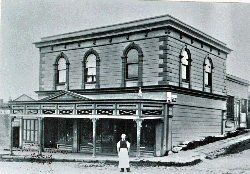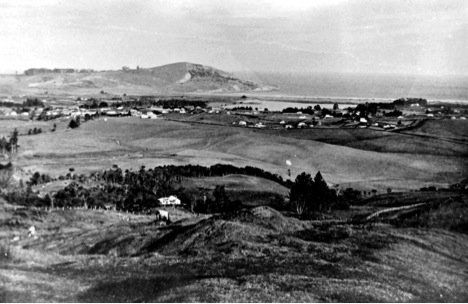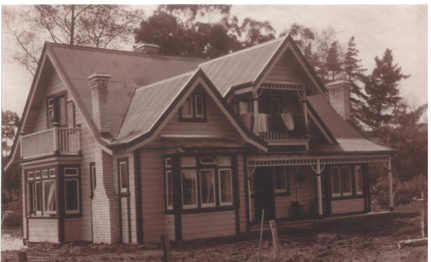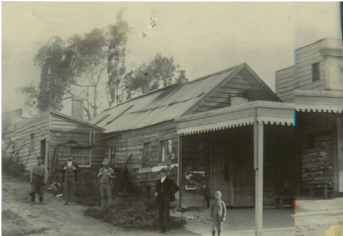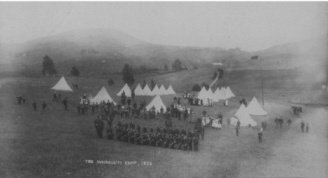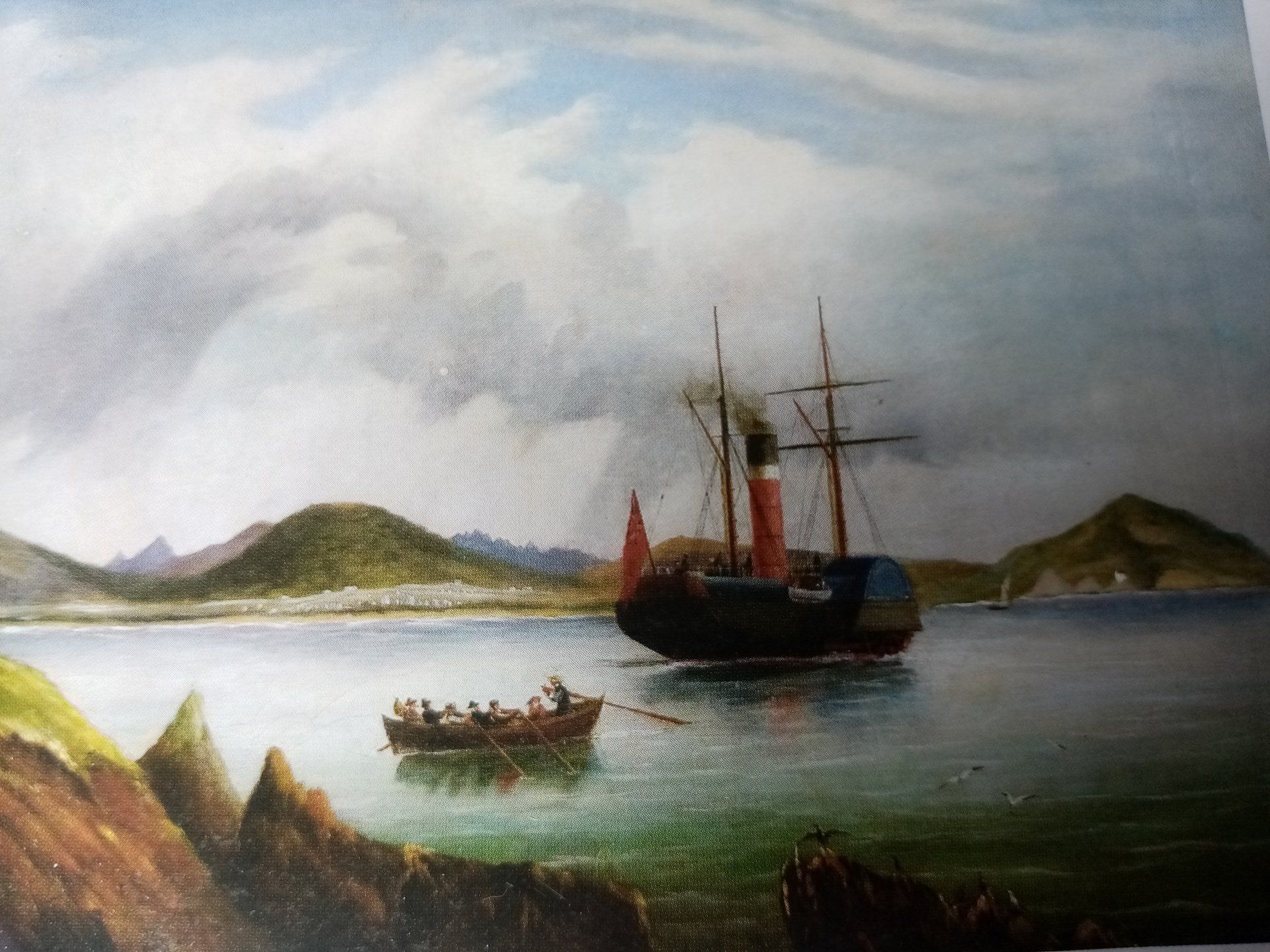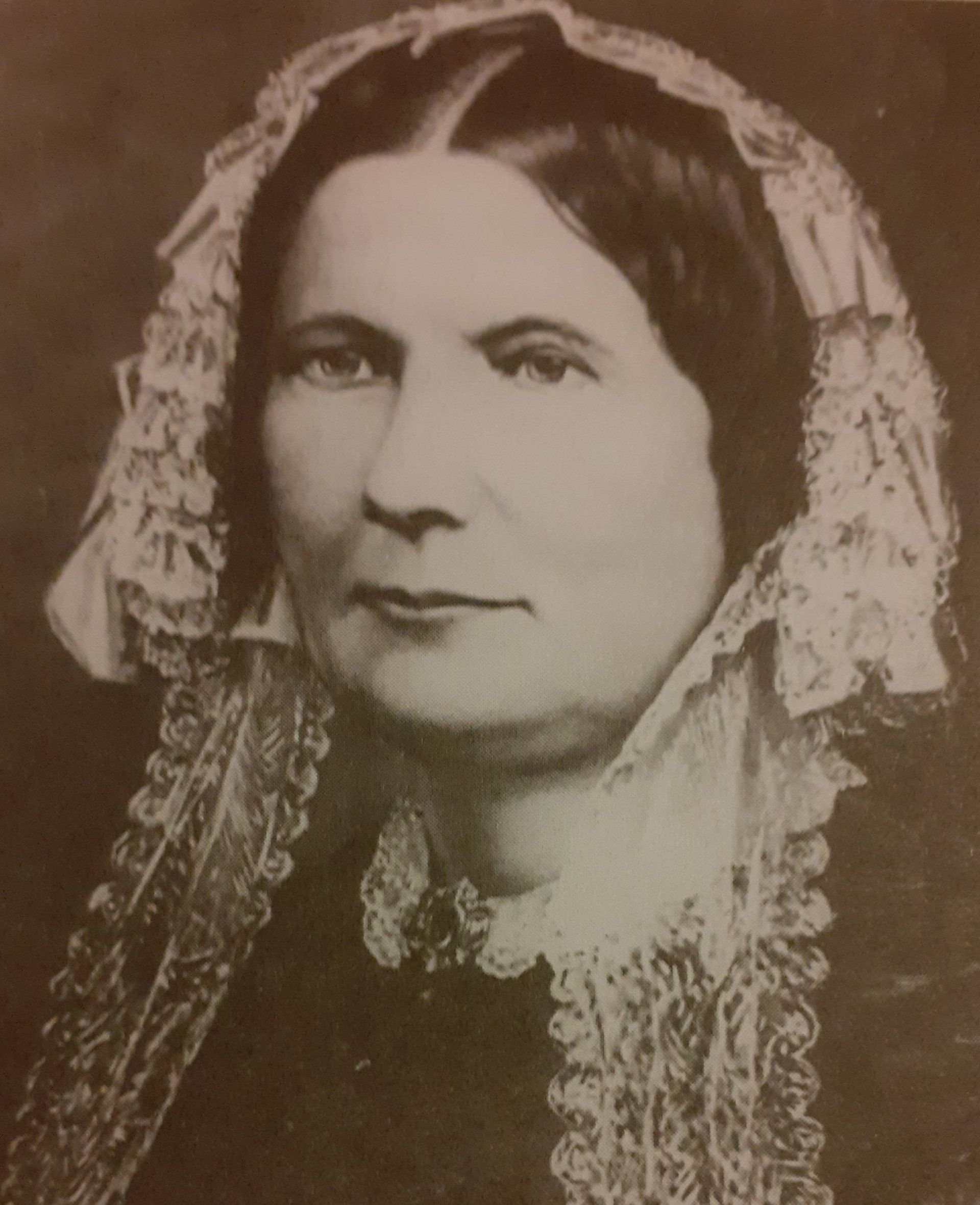The Orbell Story
The name Orbell is synonymous with Waikouaiti's early development and success.
It all began when John Orbell aged 47, his wife Catherine, their ten children and one servant arrived in primitive Port Chalmers in the winter of 1849 on the Mariner.
Previously John had been a successful flour miller, grain merchant and gentleman, in Suffolk on the banks of the Stour River in Essex. Following the potato blight of the 1840's, a sharp drop in the price of grain and heavy debt, John and Catherine now looked to New Zealand to offer their family a brighter future. Arriving in Otago, they decided instead to head to Wellington, a more established settlement. Unfortunately persistent, unsettled weather prevented the Mariner from sailing.
As the week's passed their financial situation became desperate. Enter John Jones. He convinced them to come and work for him. "Mr Jones made such favourable propositions, that my father was induced to accept them. He was to provide a house for us at Waikouaiti, and lease us some land and assist us in other ways. Needless to relate, that led us to believe that we were very fortunate", reminisces Macloud Orbell in later life. "Had we had any knowledge of Mr Jones character, we should not have placed ourselves in his power”.
Indeed, the house provided, at the top of Prospect Farm at Matanaka, turned out to be a two roomed weatherboard cottage, twenty feet by twelve, and open to the south west wind which "blew sand through the roof in showers. Supplies were purchased from Jones, but it was impossible to get any delicacy, or even a meal to put before an invalid”.
It's winter 1849. Having fled bankruptcy and creditors in recession torn England, the once comfortably affluent John and Catherine Orbell, their ten children (five girls and five boys) and an elderly manservant, have accepted an offer of work on Johnny Jones' Prospect Farm at Matanaka in Waikouaiti. Ten year old Macleod is sleeping in the granary with his four brothers, because the dilapidated, pint sized cottage, assigned to the family of thirteen, has not the room. They were locked in every night by the farm manager, no doubt on Jones' orders, to discourage any pilfering. Imagine if there had of been a fire, in that age of candles and oil lamps.
Incidentally, have you been to see the historically unique farm buildings at Matanaka, open free every day to the public. Well worth taking a look. The afore mentioned granary is still there. You can enter it, along with stables, school house and a not so private three seater privy. It's an extraordinary feeling, as though John Jones himself had just stepped away for a minute.
In his later life, Macleod Orbell, on request of his family, consented to write reminiscences from his childhood, and the first twenty years of life in New Zealand. He wrote, "Naturally the family found the altered conditions of life most trying, and with disappointment after disappointment, but bravely accepted the position without a murmur. We were a most united family, and feeling that difficulties well met are half conquered, we determined to make light of obstacles".
It's fascinating to hear what they survived on. " Our diet consisted chiefly of fat American pork imported in barrels, wild ducks, and potatoes grown by the natives. We made our own bread, the flour being imported from America, also in barrels. The pork, flour, and groceries were purchased from Mr Jones. The sugar was something to remember. We had to take it or go without. It came in great blocks, weighing from fifteen to twenty pounds, black as black, which we chopped with an axe before using".
His recollection of John Jones up close is revealing too. " He was a man of many parts, very impulsive, and yet at times most kind hearted and generous. At other times most aggressive and almost brutal, his temper apparently uncontrollable. If anyone differed with him, or even had a slight altercation, he would knock him down, and subsequently repent and sometimes make a present of a horse or a cow for the injury he had done him. At the period of which l am writing, he was all powerful”.
Life was hard and isolated for fifteen months before Jones finally agreed to lease them 20 acres in Hawkesbury, where they set about building a substantial timber home. In 1851 Orbell constructed a simple wind driven flour mill to grind his wheat. In time they expanded their farm and business interests, even competing successfully against Jones. Relations improved when the two families were united through the marriage of John Jones' eldest son John Richard and Mary Orbell (both 24) in 1855.
John Orbell was described as an educated, intelligent and thoughtful man. Over the thirty years he lived in Waikouaiti, it was said he involved himself actively in the affairs and welfare of his community and parish, becoming a Justice of the Peace in 1863. Catherine Orbell died in 1875 shortly after their Golden Wedding anniversary. John Orbell died in January 1879 after a brief illness. They lie in picturesque St John Churchyard. Their sons carried on farming and in business, playing a significant role in the district.
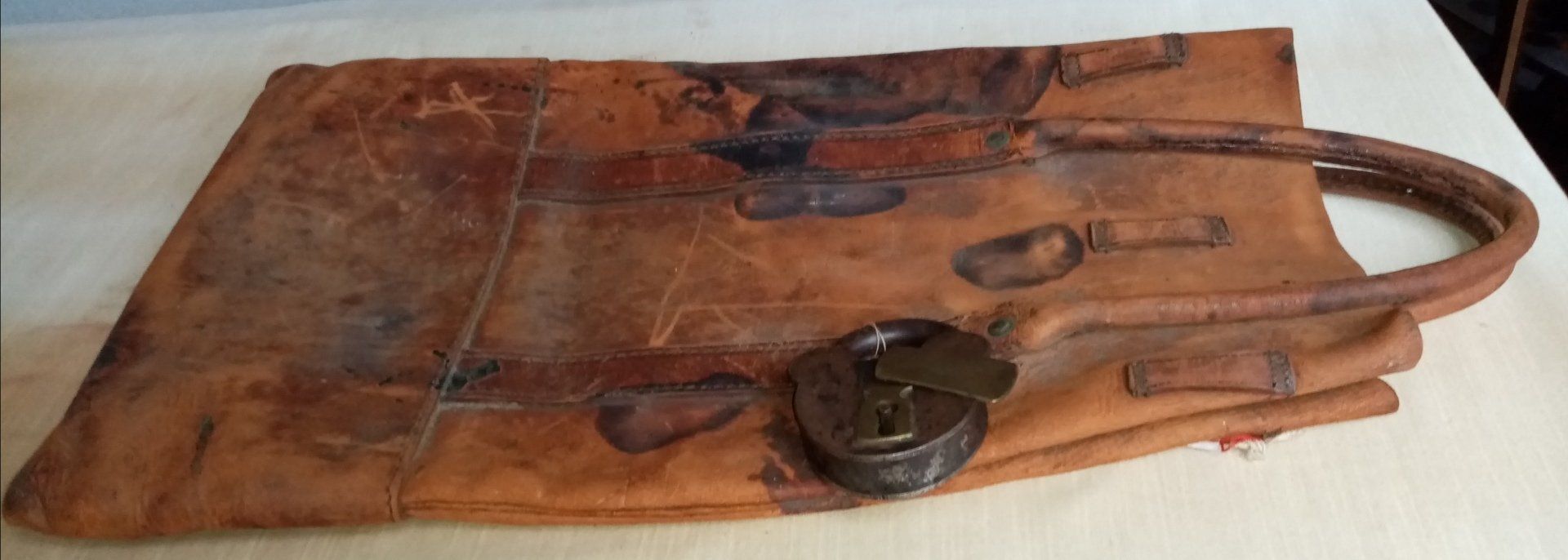
Visitor Survey
Please take a moment to complete a short survey on the museum.

